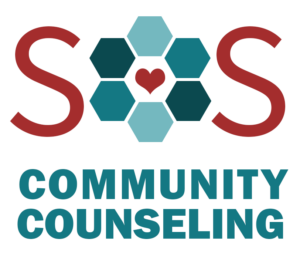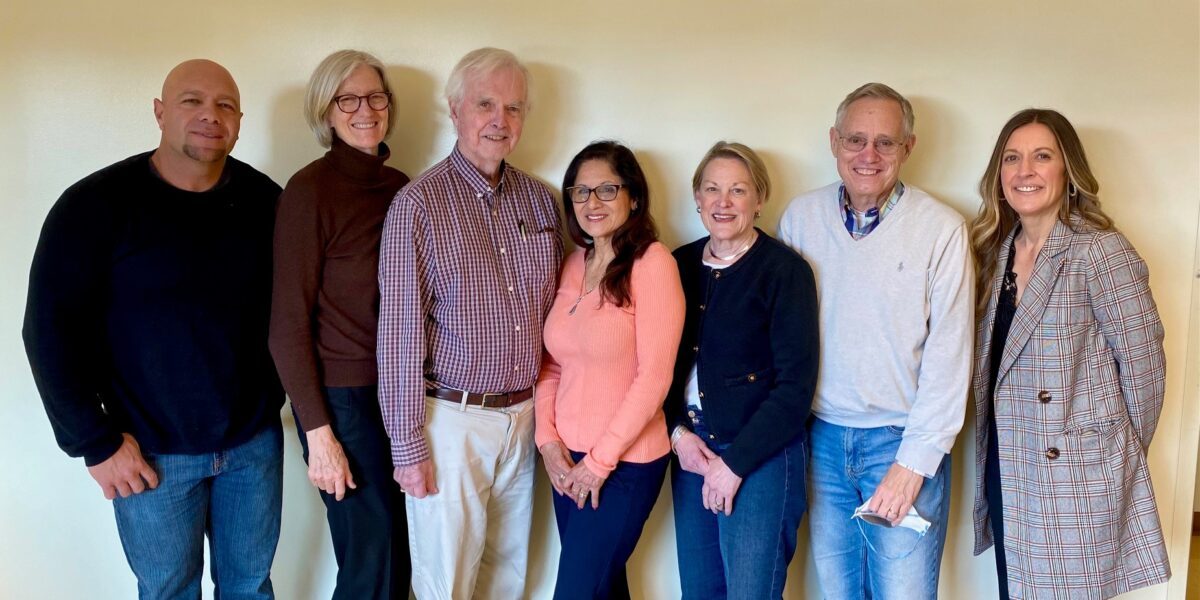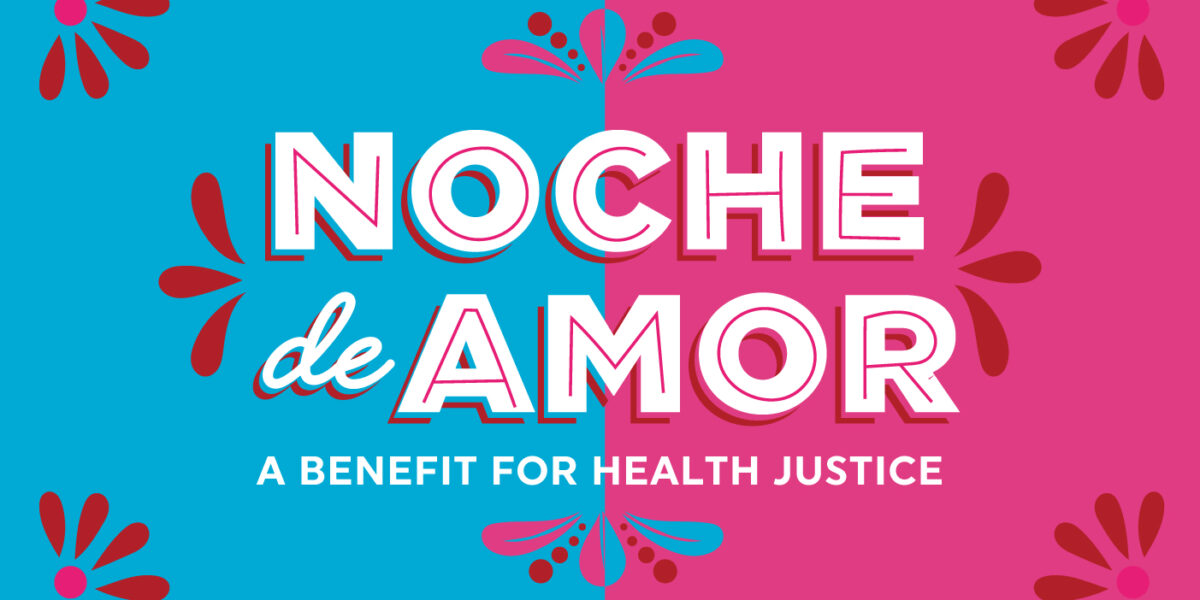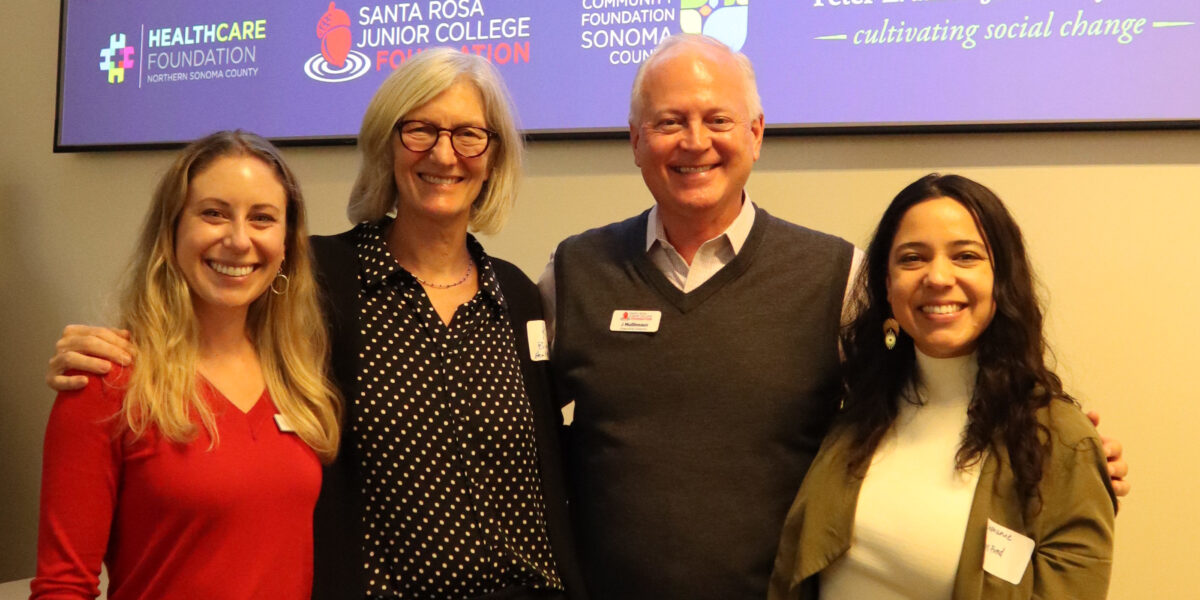
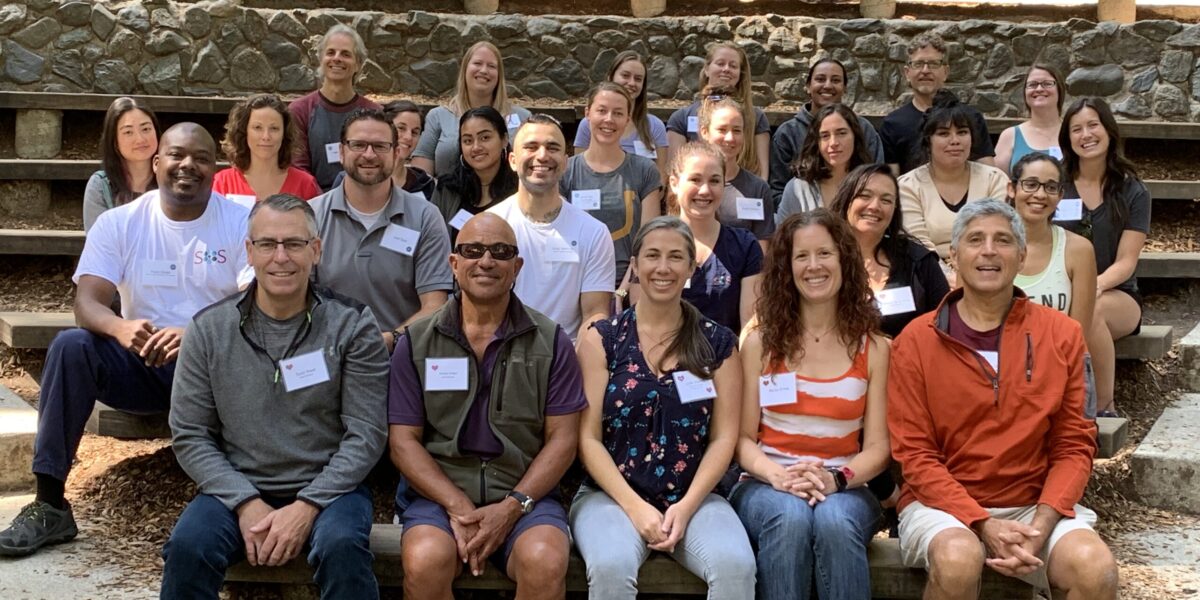
Mental Health in Schools: Going Above and Beyond
SOS Community Counseling has gone above and beyond this year to provide mental health services to local students.
The Healthcare Foundation is a proud supporter of the Team Success counseling program at Healdsburg, Windsor and Cloverdale unified school districts. Funding for the Team Success program is a collaborative effort with the John Jordan Foundation and the Foundation for Global Sports Development to support ongoing mental health counseling services to local high school students. SOS Community Counseling is the Team Success service provider.
When the Team Success program had to abruptly shift online this past spring due to COVID-19 prevention measures, the transition was relatively straightforward, according to SOS Community Counseling’s executive director, Becky Ennis. Counselors continued to meet with the same individual students and families and groups they’d been meeting with before the shelter-in-place order was made, only now they were meeting online or over the phone. But several months into the pandemic, with a new academic year in full swing and schools remaining closed, Becky and her team are having to rethink their old ways of doing things.
Referrals, both from teachers and families, are down even though Becky knows there are plenty of students who could use the support from Team Success. “What we’re seeing is lots of hopelessness and lots of depression,” she says. “Our kids are mourning; they’re mourning the loss of normal.” But because the students aren’t on campus with them, there are new barriers to connecting with students and developing trust. She and her staff and the administrators at the districts are working on innovative ways to identify students who need support and get them started with mental health services.
Last year 281 students took part in Team Success across Cloverdale, Windsor and Healdsburg high school. Of those students, 63, or 22 percent, said they were currently or had in the past experienced suicide ideation. Meanwhile 102, or 36 percent, said they were directly or indirectly affected by fires. Team Success counselors were on-campus each week. In addition to meeting with students individually or in groups, they also facilitated presentations and workshops about mental health issues such as depression or body image. Now they have to find a way to find the students who need Team Success without ever being on campus.
It’s no longer enough to just do what they always did but online, she says. Sometimes there’s case management work that needs to be done before they can even get started with the counseling. What’s the WiFi situation like at home? What device can students or parents use to join an online group session?
Becky says that she and her clinicians are witnessing real connections in the online space for the students and families who can overcome the initial hump to participating. But with high numbers of students failing one or more classes across the region, the districts are seeing an overwhelming need. “Can we share the load?” she asks them. Some of the districts are now starting to send their staff for in-person, outdoor check-ins for these students, and the SOS Community Counseling staff will join them. That way the counselors can jumpstart the mental health conversation and work as a team with the school staff, Becky says. This isn’t how they did things before COVID or in the spring, but it’s what’s needed now.
In their online sessions, the clinicians are also throwing out many of their old approaches and starting from scratch. There are apps that allow a student and a counselor to color in a drawing at the same time, for example, or play a game together. Becky has even recommended that her staff tape something on their computer near the camera that will make them smile to help remind them to exude extra warmth and empathy, which can be hard to transmit online.
“The need is so much greater,” she says. “So we need to take it to the next level.”

Related News + Stories
Invest in Our Community
Your support is vital to our collective vision of eliminating health inequities in northern Sonoma County.
Donate
